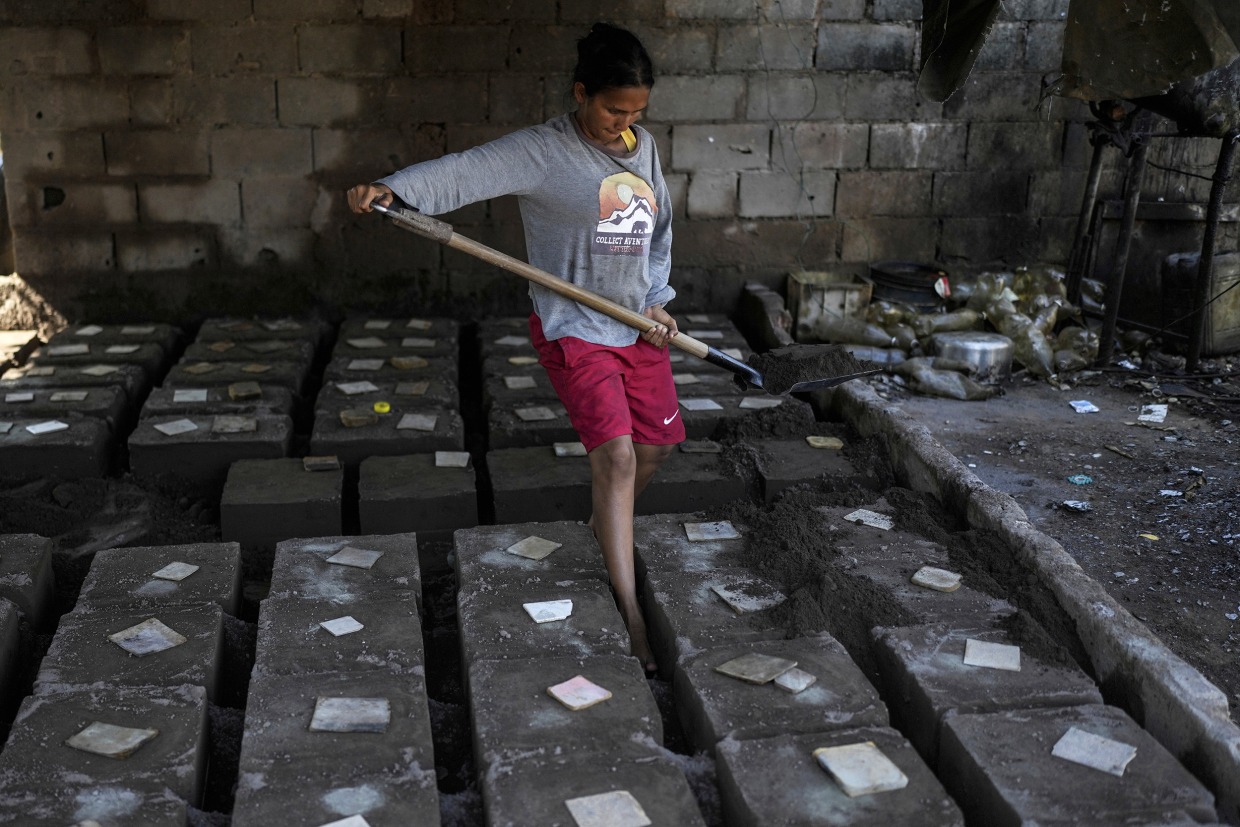Migrants returning to Venezuela, a nation they once fled in search of better opportunities, are finding themselves trapped in a new cycle of financial distress and hardship. These individuals, often carrying the emotional and psychological weight of their failed journeys abroad, are now burdened by overwhelming debt and facing harsh living conditions. The situation highlights a complex and tragic reversal of fortune, where the dream of a new life has turned into a nightmare of economic struggle and a return to a country still grappling with profound instability. This is not a story of homecoming and relief, but one of renewed struggle and a search for stability that remains elusive.
The main factor fueling this crisis is the overwhelming debt that numerous migrants have accumulated to cover their travel expenses. The price of a one-way ticket, which frequently includes a risky journey through multiple countries, can be extremely high. Many had to secure loans from relatives, companions, or even informal moneylenders with steep interest rates. They departed Venezuela with the aspiration of earning sufficient funds to pay off these debts and send money back to their families. Nevertheless, for various reasons—such as inadequate income, mistreatment, or unemployment—many were unable to achieve financial security. Their return to Venezuela now places them in a vulnerable situation, dealing with creditors without the ability to settle their debts.
Living situations for these returnees are frequently similar or worse than those they previously experienced. Although there are slight indications of stabilization, Venezuela’s economy continues to struggle considerably. The persistence of hyperinflation, inconsistent public services, and scarce employment options makes securing a reliable income incredibly challenging. Many migrants, having liquidated their assets to finance their initial journey, come back to find themselves with nothing. They are devoid of the resources needed to begin anew, and their accumulated debts prevent them from regaining their footing. This contributes to a relentless cycle of poverty and hopelessness, aggravating the initial difficulties that prompted their departure with additional financial strains.
Furthermore, the social and emotional challenges faced by returning migrants are immense. They are often met with a mix of pity and suspicion from their communities, who may view their return as a sign of failure. The psychological toll of their failed journeys, coupled with the stress of their financial situation, can lead to depression and other mental health issues. They are essentially strangers in their own land, having to navigate a society that has changed in their absence while struggling to cope with the trauma of their experiences abroad. This reintegration process is not only a matter of economics but also of social and psychological healing.
The {government}’s approach to this crisis has been mostly inadequate. Although there are some initiatives to support returning migrants, they often suffer from insufficient funding and poor organization. The magnitude of the problem is extensive, and the {government} does not have the necessary resources to offer proper assistance to all those in need. Consequently, many returnees are left to manage on their own, depending on the generosity of relatives and acquaintances or turning to extreme actions to get by. The absence of a strong and empathetic {government} response worsens the issue, making it more challenging for these people to regain stability and participate in society.
This situation also highlights a deeper, more systemic issue within Venezuela. While the government has made some progress in stabilizing the economy, the underlying problems that drove millions to leave in the first place—political instability, corruption, and a lack of economic opportunity—have not been fully resolved. The struggles of returning migrants are a powerful testament to the fact that the country is still far from being a place of prosperity and hope for all its citizens. It suggests that the path to a genuine recovery is still long and fraught with challenges, and that a truly stable future for Venezuela will require more than just a return to economic normalcy.
The stories of these returnees are a stark warning to others who may be considering leaving the country. They serve as a powerful counter-narrative to the idea that migrating is a guaranteed path to a better life. The risks involved, both financial and personal, are immense, and the consequences of failure can be devastating. This is a critical message that needs to be heard, not just by Venezuelans but by people around the world who are considering similar journeys. The crisis of returning migrants is a global issue, and Venezuela’s experience is a powerful case study in the human cost of economic and political instability.
The return of migrants to Venezuela represents a multifaceted humanitarian crisis. These individuals, encumbered by financial obligations and enduring severe living conditions, find themselves in significant distress. The issue stems from the financial difficulties faced by the nations they resided in, the substantial expenses associated with their travels, and the persistent unrest within Venezuela itself. A deficient governmental aid system further worsens the situation, leaving many without hope for an improved future. This narrative highlights human perseverance amid overwhelming challenges, but it also underscores the need for a more caring and comprehensive response from both national and international organizations. The struggles faced by these returnees serve as a reminder that a country’s true recovery is measured not only by its economic indicators but also by the welfare of all its citizens, including those who once departed and are now compelled to return.

